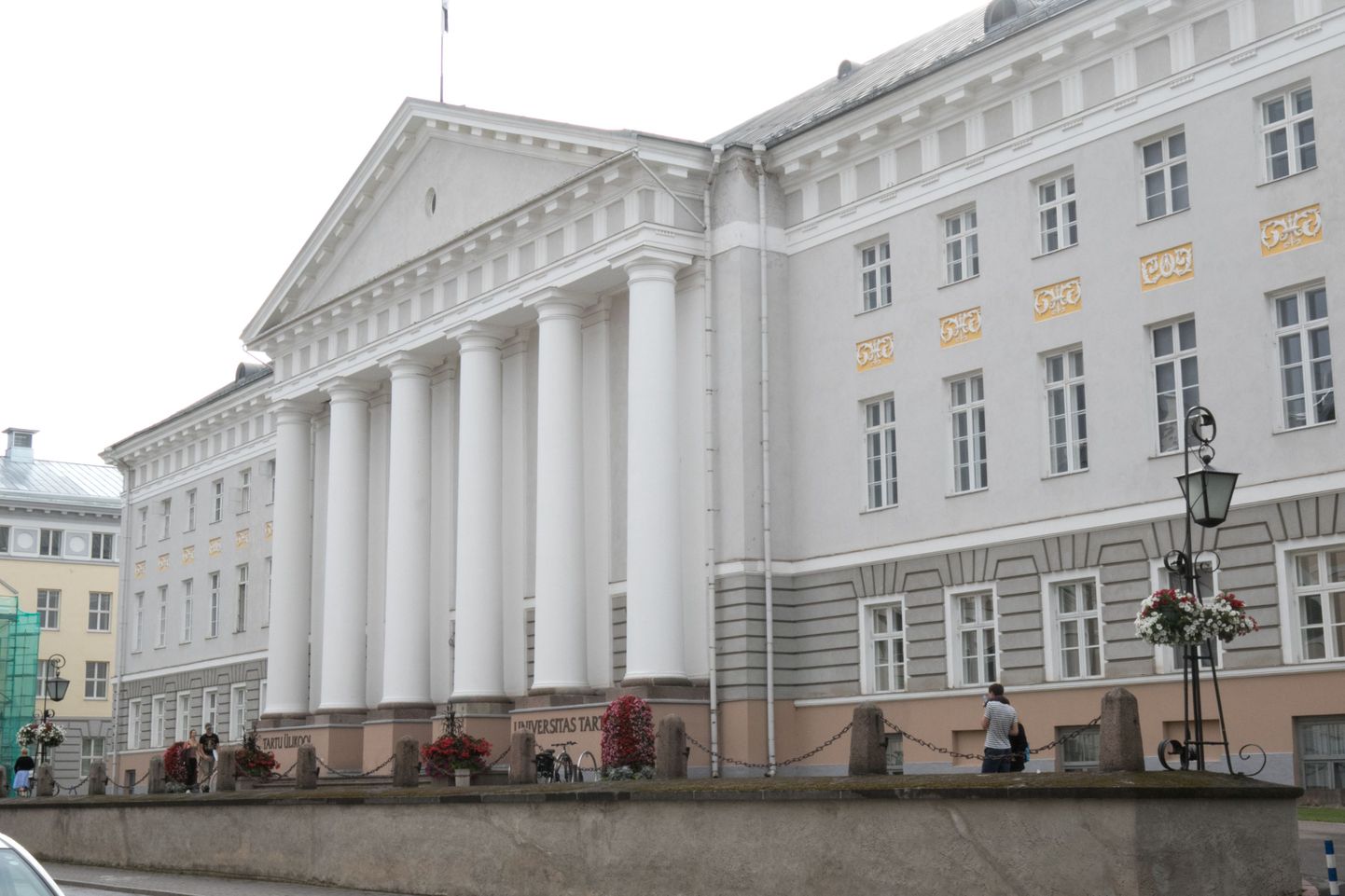There seems to be no end in sight for the saga the roots of which go back to 2013, however, as both sides have now turned to law enforcement authorities.
The Southern District Prosecutor's Office said one application has been filed by former UT employee and doctoral student against their tutor. The criminal matter is based on section 152 of the penal code and concerns violation of equality. A conviction would result in a fine or a prison sentence of up to one year. Both the alleged victim and her former tutor have been interviewed.
The second case is based on allegation of threatening. The alleged victim in this case is the aforementioned tutor. No suspicions have been brought.
The University of Tartu will continue its investigation into claims persons have been treated unequally at work. While the university has already agreed on good practices for studies, teaching, doctoral studies, and management, a corresponding manual is being put together for research.
Postimees learned of the case, covered at length by both Eesti Päevaleht and Eesti Ekspress, two years ago when a journalistic experiment revealed a man claiming to be a research fellow at the university who promised to change seniors' sciences examination scores in the national database in exchange for sex.
Because the case concerned a conflict born of a relationship between two adults and lacked elements of objective public interest, Postimees decided not to publish the case at the time. The case was brought to light by Eesti Päevaleht during a time when the university is preparing to elect a new rector.

